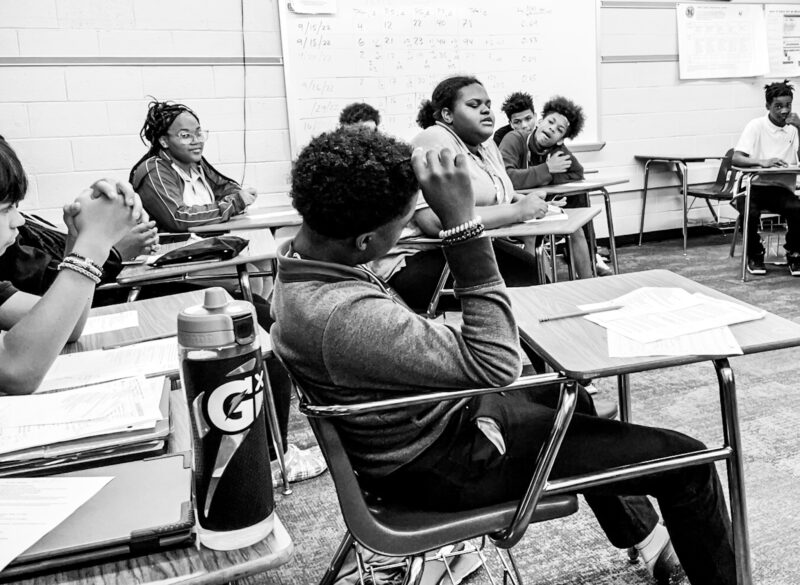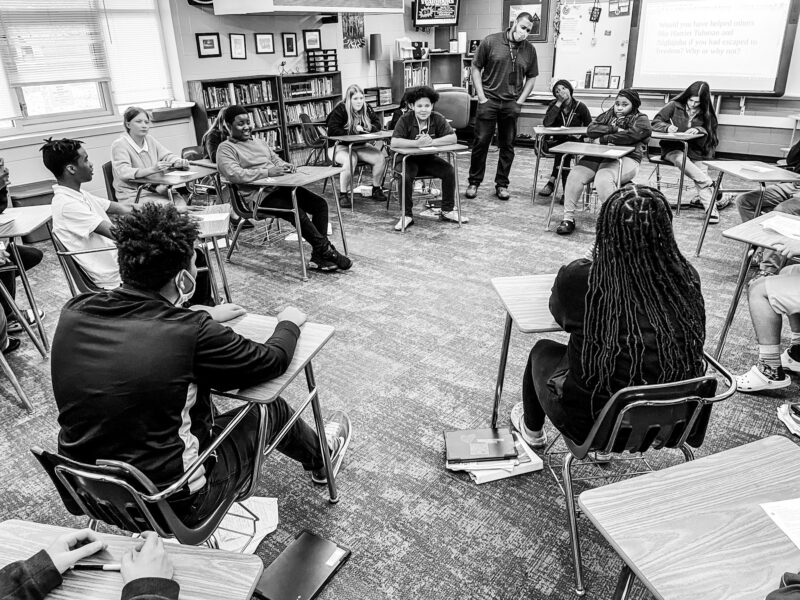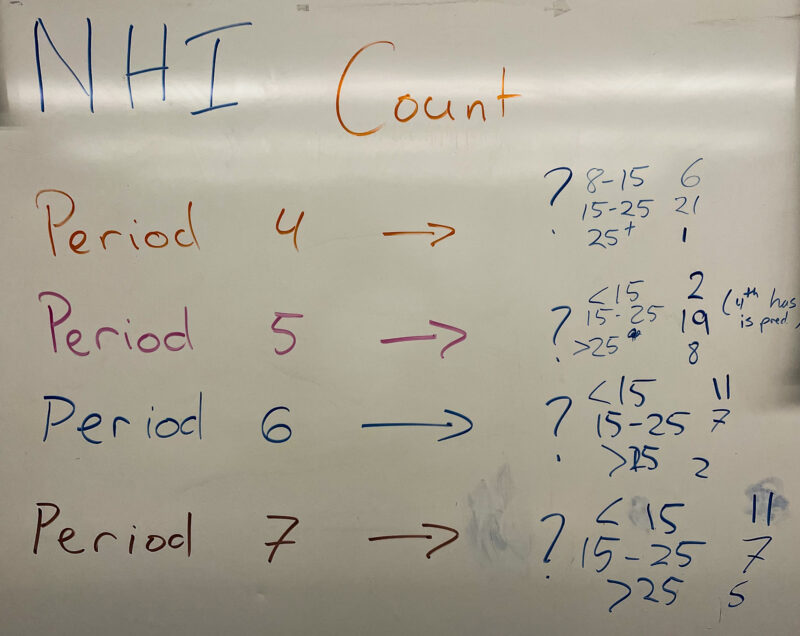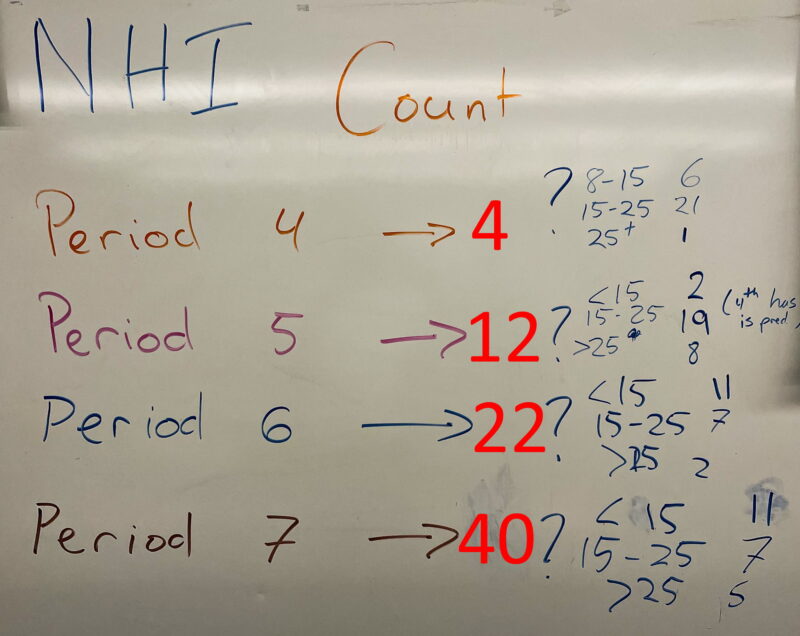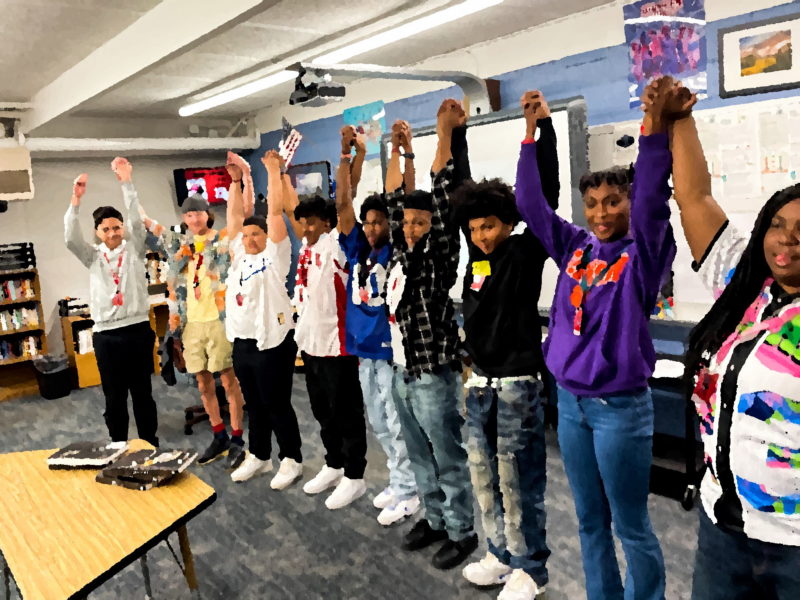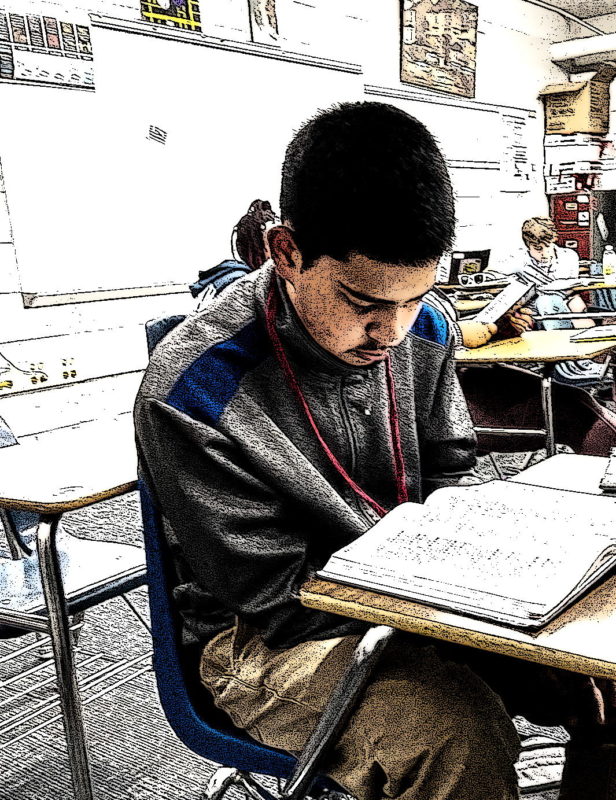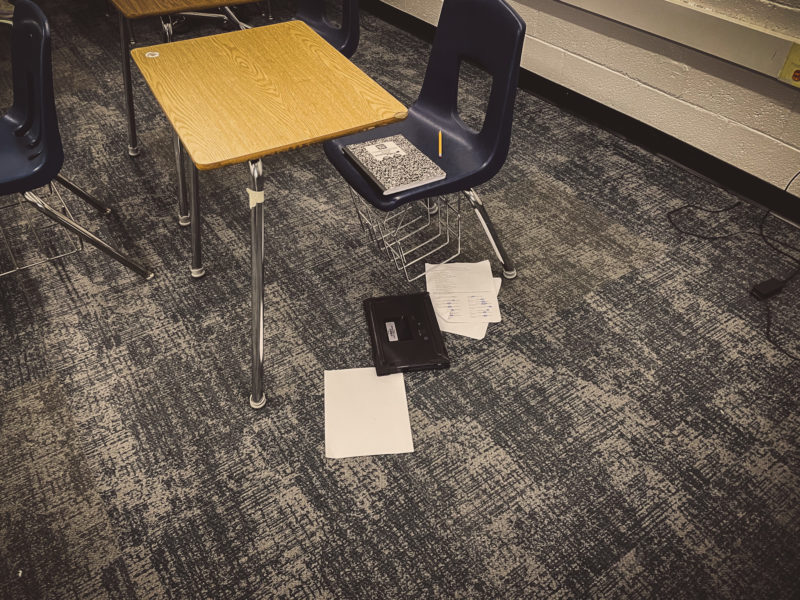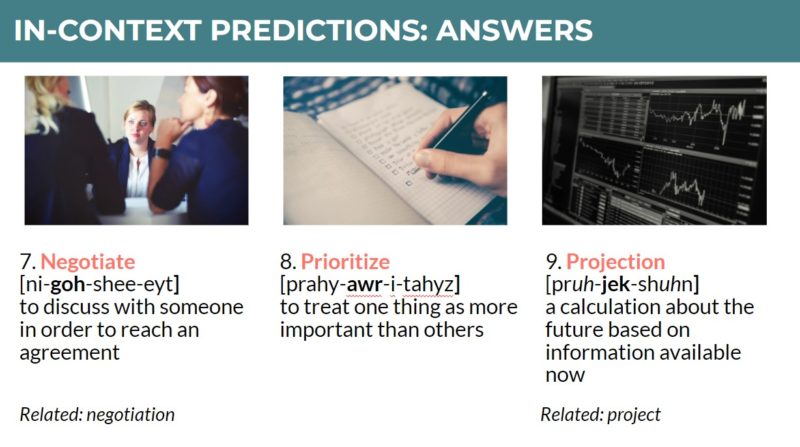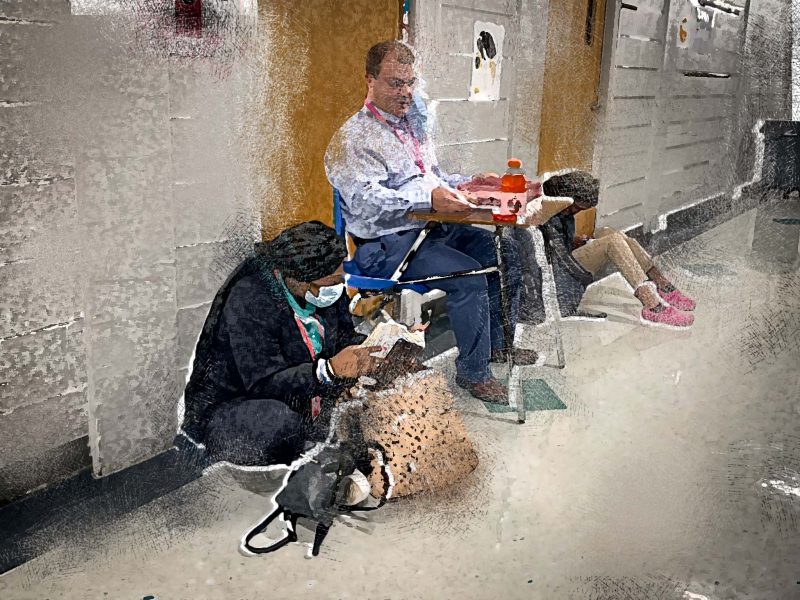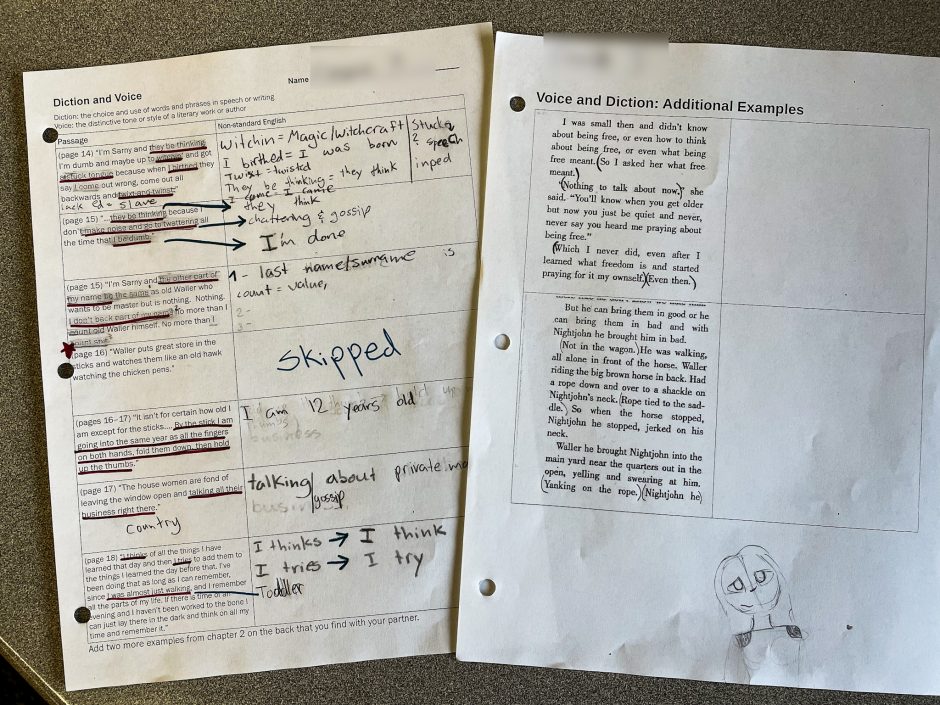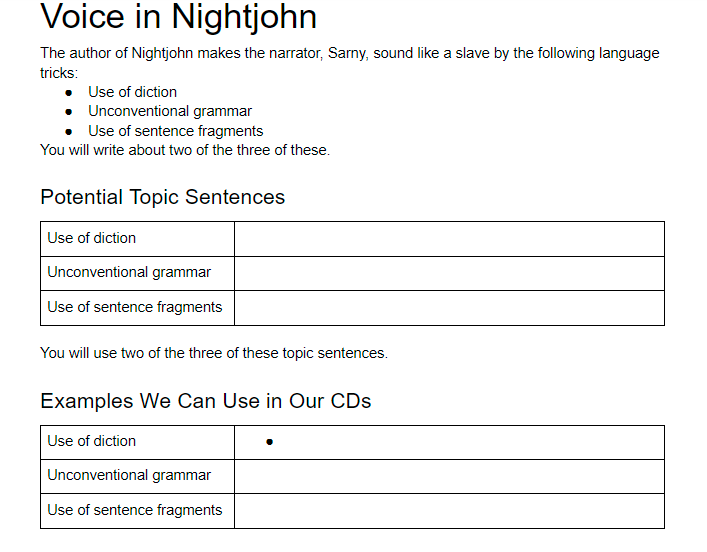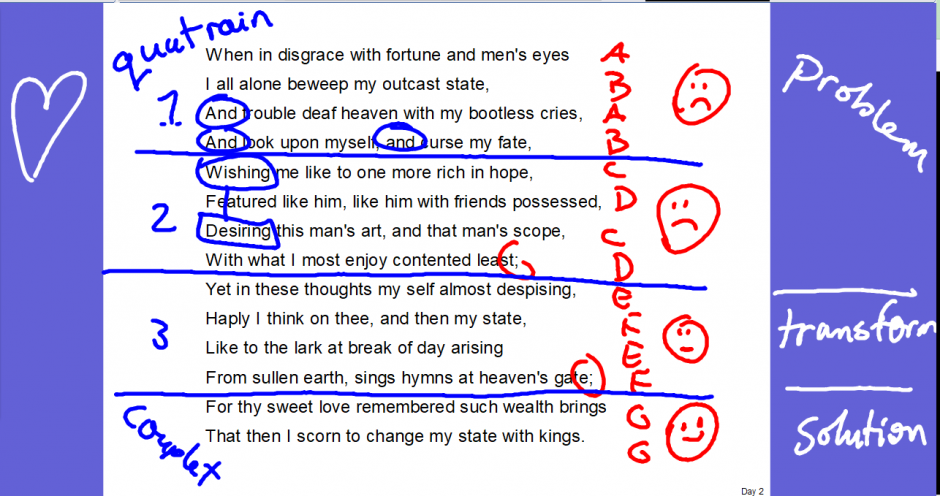A traumatized kid enrolls in our school, and only weeks later, he’s gone, entangled in the court system with all the fatalism and unfulfilled dreams that that entails for a fourteen-year-old black boy.
That sentence itself is a tangle of contradictions and enigmas. “A traumatized kid enrolls” suggests that the kid made the decision, completed the paperwork, and entered our school community. Or it implies a parent made the decision to enroll him in our school and completed the requisite paperwork to enroll. In this child’s case, neither is likely: the kid, of course, is a minor and couldn’t do it; the parent (and statistically likely only one, and most statistically likely only the mother) seems from all accounts to be relatively uninvolved.
“Only weeks later, he’s gone” suggests more volition that he likely lacked. It implies that he just didn’t like it — wasn’t challenged or felt the dress code too stifling. In truth, he was taken away, with all the ambiguity that passive-voice sentence suggests. More accurate from our perspective is simple: “only weeks later, he disappears.” That still suggests he is in some sense a agent in the decision, and while his behavior certainly played a role in it all, that behavior was likely not entirely consciously volitional and at least in part the crusted-over habit of years of surviving a trauma-filled life no kid should endure.
When I first met him, he was respectful, demure even: “I don’t like saying I came from West Greenville,” he quietly began when we first met, referring to one of the district’s alternative schools, “because they think I’m a bad kid.”
“Well, we all make mistakes in life,” I reassured him. “I’m sure no one will judge you on where you came from but rather on your behavior.”
Yet his record suggested he was what quick judgment would label a “bad kid.” He came to us from alternative school, and as teachers reviewed his records, we saw that he had been in not one but two different alternative schools that year. A kid who makes a single bad decision that lands him in alternative school — say, bringing a vape to school — would not have such a record.
Still, he knew how to play the game: he knew first impressions count, and he made a good one. Once he got into class, though, it was another story. Passive incorrigibility and even the occasional aggressive defiance became the norm. Once, in the hallway when I was trying to direct him where he needed to go, he shouted, “Man, this is why I hate white people.”
Over a few weeks, I’d managed to establish a decent relationship outside of class, though, and that helped inside the class. He began applying himself just a bit, here and there, occasionally. But much like an abused dog will bear its teeth at any perceived threat or provocation, KB’s interactions continually belied that demure front he’d put on at the start of his time with us.
“Who’s that kid?” A teacher on another team asked as KB passed by. I told her, and she replied, “He’s really something.” Soon, everyone on the hall knew who he was, and not because of the sterling impression he was making on everyone.
Occasionally he would be absent and return to school a few days later explaining he’d had a court appearance. “For days?” I’d think, but I kept my doubts to myself.
There are kids teachers encounter that we know will disappear into the vast cracks in our system and appear on the evening news as a suspect in some crime or other (one former student), or perhaps as a fatality after a police chase involving a stolen car (another former student). We all pay for these kids: our tax dollars will support them in one form or another. But they pay for it as well with lost and wasted lives that represent a net negative on our society, indicting us all: that’s the true price we pay.

